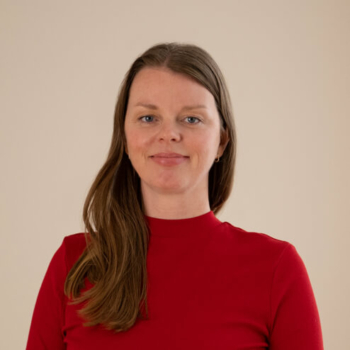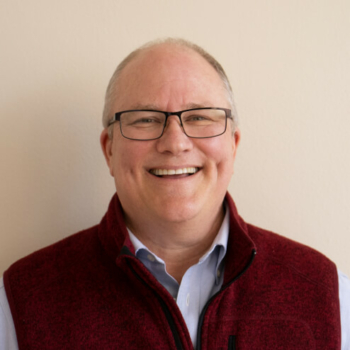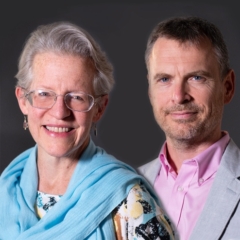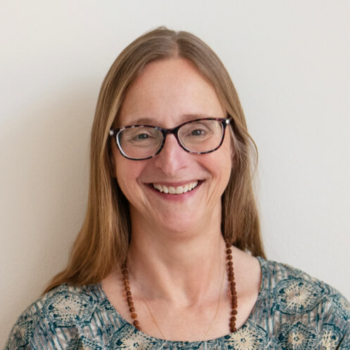To study ayurveda is to study how our mind, body, and spirit are interconnected to nature and the world around us. Ayurveda is the sister science of yoga and focuses primarily on ayurvedic lifestyle practices that support health, balance, and self-transformation. Our unique four-unit Ayurvedic Yoga Specialist certification program incorporates a holistic understanding of the science of yoga as the foundation for the study of ayurveda. It is split into four, four-day modules that can be taken in any order.
In our Ayurvedic Yoga Specialist training program, you will learn the core concepts of ayurveda, including clinical, psychological, lifestyle, and philosophical applications of this ancient wisdom. You’ll learn how simple implementations of ayurvedic nutrition, diet, and routine can create profound transformations in your life and the lives of others. You’ll experience first-hand the healing power that comes from balancing the doshas through aligning your actions with the seasons. Immerse yourself in ayurvedic study at our 400-acre campus, nestled in the rolling hills of the Poconos, away from external distractions. Add a new dimension to your yoga teaching and personal practice and become an Ayurvedic Yoga Specialist!
When you enroll in this exciting ayurveda program, you will learn the knowledge and skills needed to:
- Design dosha balancing asana sequences for different seasons, times of day, and specific ages
- Use ayurvedic recipes and food and spice combinations to address imbalances and promote health and vitality
- Create a practical lifestyle plan for yourself and your students based upon specific needs and goals
- Offer one-on-one ayurvedic consultations with a diet and lifestyle focus
- Confidently teach ayurvedic principles of wellness in the classroom
- Understand how the practices of yoga are supported by ayurvedic diet and lifestyle principles
Ayurvedic Yoga Specialist training program topics include:
- How prana (life force) and ojas (deep vitality) can be cultivated to regulate and support agni (digestive fire) for optimal health
- A deeper knowledge of doshas (constitutions), gunas (psychological tendencies), vayus (winds or movement of prana), and koshas (sheaths)
- How to teach asana and pranayama to kindle agni and circulate prana for optimal energy management
- The alchemy of yoga and ayurveda
- Diet and lifestyle adjustments for daily, seasonal, and stage-of-life changes
- How to identify and address vikriti (constitutional imbalances) using asana, pranayama, deep relaxation, and meditation
“The AYS program has helped me take into consideration many things I wouldn’t have considered with just yoga therapy. Now all these aspects are interwoven into my consultations, training programs, and workshops.”
“The Himalayan Institute is a place that is near and dear to my heart. I have taken all of my trainings here. There’s this energetic pool of comfort here. I could talk endlessly about the teachers and the friends I’ve made here, but it’s truly a place you have to come to and experience for yourself.”
“I use the knowledge I’ve gained from the AHC program to create better workshops for my students. I’ve been scheduling them on a seasonal basis and found that students are very happy to learn what they can implement into their practice and routine to stay balanced on a seasonal basis.”
“The Himalayan institute has the power of tradition and is my spiritual home. It has my yoga teachers, meditation teachers, spiritual guides, and Pandit ji. This is home. The fact that Kathryn started this program with the Himalayan Institute is perfect.”
“If our dharma, our life’s work, is to be in the health care or supportive health care arena, then we want to have a professionally recognized certification from a national organization, and that’s what the Ayurvedic Counselor certification is the hallmark of.”
“To have access to teachers with such a depth of experience is not something that you can get online. You feel the transmission of information when you’re in the room with Dr. Rosie. There’s just a different level of understanding you get when you hear the teachings come out of her mouth.”
“I teach at a school in Duluth, Minnesota. Because of the AYS program, we are now running more programs ayurveda. People are responding so positively because the knowledge is so practically applicable. It’s incredible to even see folks from the medical community coming to these classes and workshops.”
Unit Four: The Clinical Use of Ayurveda and Yoga
The final unit of the Ayurvedic Yoga Specialist Program culminates in the practical application of ayurvedic theory. In this unit, we will apply all of the concepts we have worked with in the previous three sessions by learning how to train clients and develop treatment plans for pacifying imbalances and addressing specific health concerns and goals.
Using interactive group work, lecture, and time for practice, you will:
- Apply the ayurvedic concepts and practices you have learned to in-person case studies and client training sessions
- Review ethical guidelines and standards of practice for working one-on-one with clients, including intake and evaluation
- Learn how to engage with private clients to ensure effective and professional ayurvedic consultations
- Work with the practical application of yogic and ayurvedic philosophy and practices through recommendations for dinacharya (daily routine), asana, pranayama, and meditation
- Assess training clients and develop specific treatment plans that include diet and lifestyle suggestions as well as supportive yogic practices
This program has been recognized by and is registered with the National Ayurvedic Medical Association (NAMA).
This is the only ayurvedic training program that requires a 200-hour yoga certification from an accredited yoga school to receive Ayurvedic Yoga Specialist Certification, ensuring our graduates understand a deeper knowledge of yoga. All dedicated yoga students and teachers are invited to take this training, and a letter of completion will be provided for those who do not wish to pursue a 200-hour yoga teacher certification.
Suggested Reading: Textbook of Ayurveda, Volume 1: Fundamental Principles, by Dr. Vasant Lad; Yoga & Ayurveda: Self-Healing and Self-Realization, by David Frawley
This training is the foundation for our advanced ayurvedic training programs of Ayurvedic Health Counselor and Ayurvedic Yoga Therapist, and must be completed before moving on to the next level. Sessions 1 to 3 can be taken as independent workshops and must be completed before registering for Unit 4. Unit 2 may be taken as an online course or in person only at the Himalayan Institute. All four sessions are required for certification.







